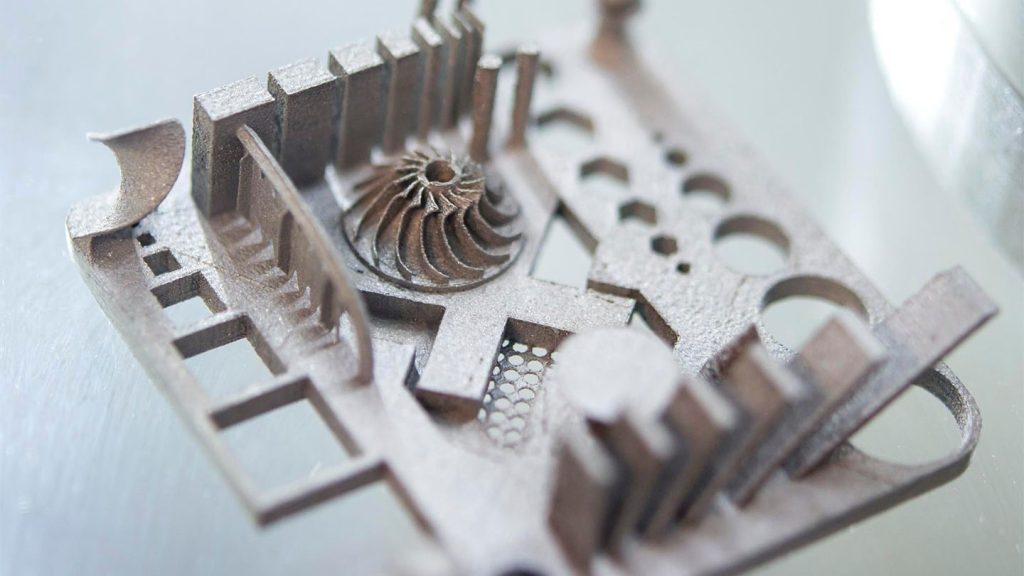Rapid prototyping is a term that is quite popular in the manufacturing industry. It’s a process that uses advanced technology to create a physical model of a new product design as quickly as possible. Some prototypes will serve as mock-ups or handy scale models, while others need some clear-cut attention to detail to meet the challenging requirements and criteria. Although prototypes are used, a demo model is used for testing, design, iteration, and to improve overall product performance and quality through gradual refinements. And for these reasons, speed, flexibility, and scalability play a vital role in manufacturing. Therefore, companies strive to look for solutions that are able to provide these attributes.
In the prototyping industry, the revolution comes with the advanced induction of CNC machining. This technology transforms the industry in a short period of time. It was able to produce intricate, accurate parts with little human involvement, which makes it perfect for various industries. In this post, we explore CNC machining and its key advantages. So, without further ado, let’s dive into this!
1. Exceptional Precision and Accuracy
One of the greatest advantages of CNC machining is its exceptional precision and accuracy. CNC machines perform their operations with highly precise tolerances, ensuring that each part is built exactly as the design intended.
This high-precision manufacturing also allows them to capture the market and company, which requires accuracy. For example, aerospace, defense, infrastructure, and more. A single mistake in this field can be fatal. Therefore, ensuring safety and precision are vital components for companies.
2. Improved Efficiency
Another reason for selecting CNC machining is its ability to function continuously throughout the day. The CNC machine just needs to be set up properly and programmed well. Once completed, it is ready to operate continuously without the required supervision. Alone, this feature makes it ideal for high-demand manufacturing.
CNC machining is a great way for manufacturers to increase their output in shorter production cycles and meet tight deadlines. Cutting down on downtime and making the most of machine utilization really helps streamline the process.
3. Flexibility Across Various Materials
One of the most interesting and useful features of a CNC machine is its ability to work with various materials; this includes a wider variety of materials, from steel, aluminum, and titanium to even plastics. This versatility makes CNC machining a right fit for diverse industries, including healthcare, infrastructure, aerospace, defense, and much more.
As the industry changes, so do their production methods and material requirements. However, CNC machining is not an issue for prototyping because it can adapt to suit everything from lightweight plastic models to hard metal components.
4. Lower Labor Costs and Errors
As we mentioned earlier, CNC machines work perfectly without human intervention, which means they require limited human involvement. Once the setup and programming are done and the machine starts construction, the machine can handle everything by itself. This also lowers the chances of human error and reduces the necessity for substantial manual labor.
Also, in the prototyping industry, reducing human errors leads to better quality and consistency in every production run. Furthermore, needing fewer workers can help save costs, which is especially great for companies aiming to grow their production.
5. Rapid Prototyping and Customization Features
The nature of CNC machining is quite impressive. It offers adaptability as well as being ideal for rapid prototyping because of its remarkable efficiency; plus, it opens room for further customization. This makes it completely different from any traditional manufacturing method, which requires detailed custom tools and programming for each design. This makes it easy to try out different ideas during the prototyping phase while also allowing for the efficient production of small, personalized batches.
Customization in prototyping is highly valuable for the company and R&D department, where quick modification and the feature of testing multiple designs are essential. Assisting in this CNC machine helps companies test and refine products before creating them on a full scale.
Conclusion
CNC machining is undoubtedly a revolutionary technology in the prototyping industry. Its key advantages are shown by its unmatched precision, efficiency, flexibility, and cost-effectiveness. It is amazing that it can produce highly accurate parts across various materials. Plus, it minimizes labor costs and human errors, which makes it an integral tool for industries such as aerospace and healthcare, as well as infrastructure and defense. Furthermore, the adaptability of CNC machining in rapid prototyping allows companies to test, iterate, and refine their designs quickly, which ensures faster production and improved quality.
Through CNC machining, the technology would be able to be embraced, which will help businesses stay ahead of the competition and bring their vision to life with higher accuracy and speed. Whether it’s creating intricate prototypes or producing custom components, CNC machining has proven to be a game-changer in modern manufacturing.

